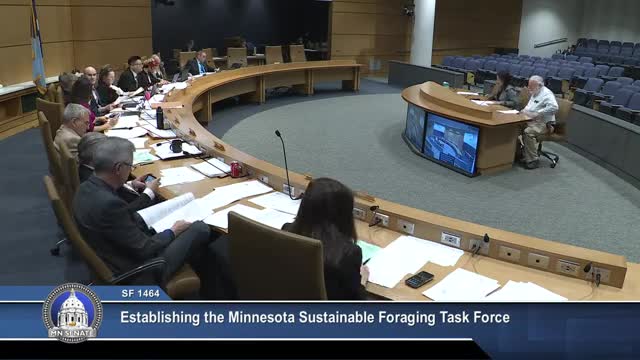Article not found
This article is no longer available. But don't worry—we've gathered other articles that discuss the same topic.
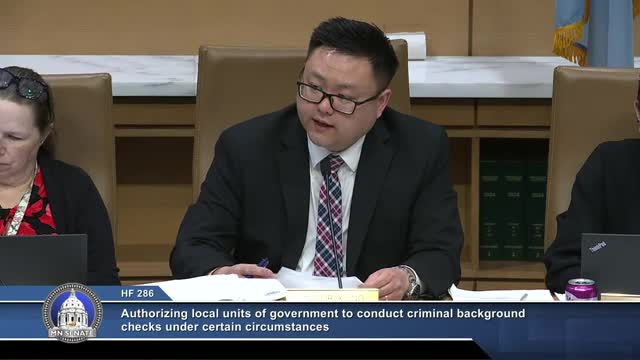
Committee approves expanded fingerprint background checks for massage‑parlor licensing
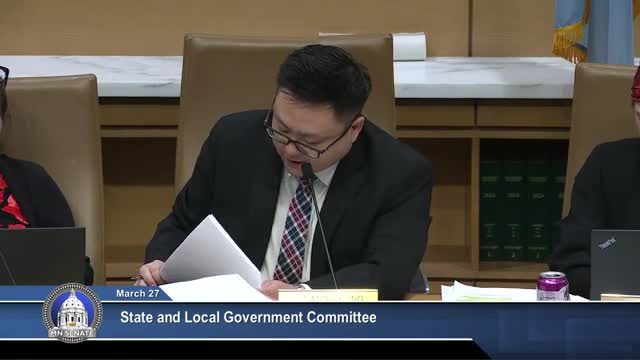
Committee debates helium and gas development bill amid concerns about tribal consultation, temporary permits and expedited rulemaking
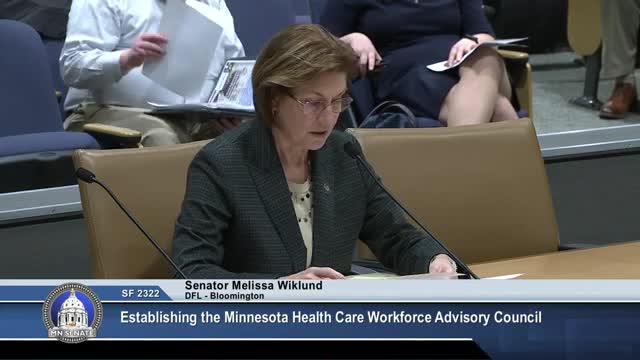
Senate committee advances bill to create a statewide health care workforce advisory council
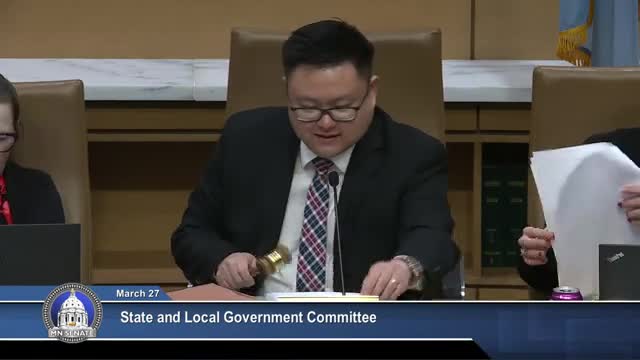
Senate committee hears bill to let Secretary of State delete fraudulent business filings
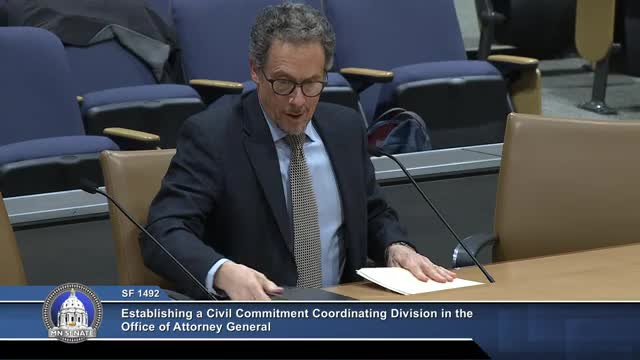
Senate advances bill to create civil‑commitment coordinating division in attorney general’s office
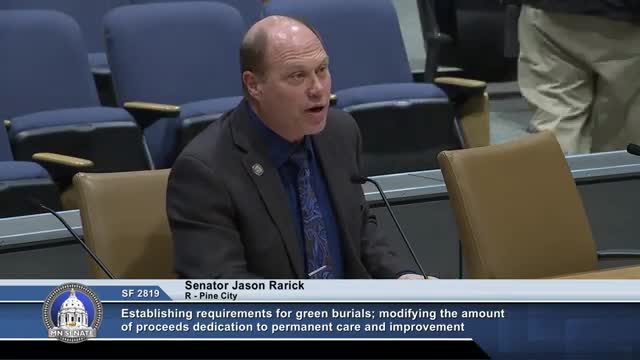
Senate committee advances bill setting basic parameters for natural burials and scattering of remains
